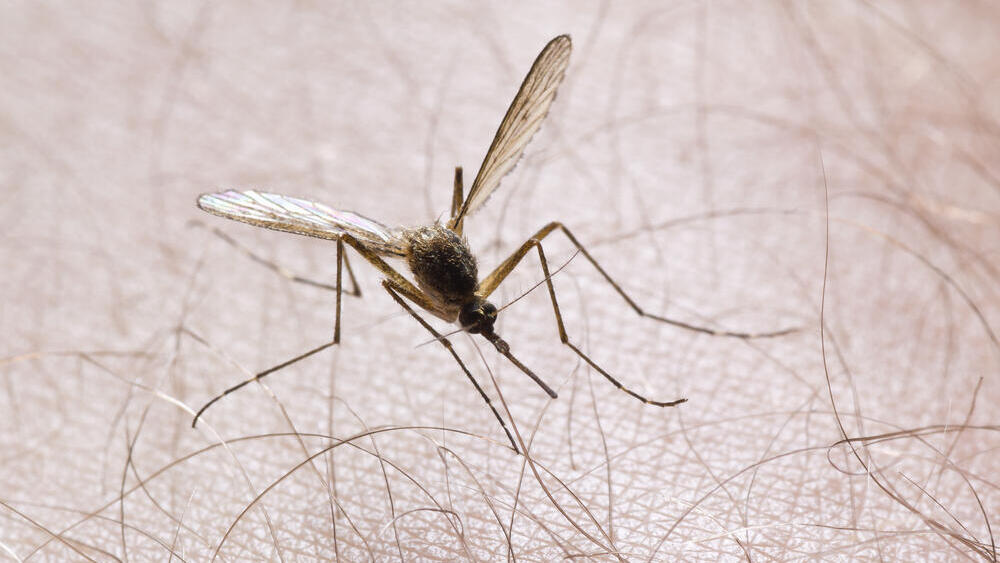The Health Ministry confirmed Sunday that two women who died at Rabin Medical Center were indeed infected with West Nile fever.
So far, 21 people have been diagnosed with West Nile fever in Israel, with 17 of them hospitalized exhibiting neurological symptoms.
The two women succumbed to the virus on Saturday and, currently, there are three hospitalized patients
on ventilators. The two women who died were residents of Petah Tikva and Rosh HaAyin, both over 80 years old.
The Tel Aviv Sourasky Medical Center also confirmed the diagnosis of two ventilated patients with the virus. Meir Medical Center reported: "Today, the diagnoses of three patients with West Nile virus were confirmed. They were admitted in recent days and are suffering from central nervous system illnesses. One patient is in serious condition, another is improving, and the third has been discharged. All three patients are from the Sharon area."
The Health Ministry stated that "West Nile fever has been identified in Israel for many years, primarily occurring between June and November. This year, the outbreak started earlier than usual, likely due to climate changes in Israel and worldwide. The humid weather in central Israel may be contributing to the breeding and development of mosquitoes in the region."
The risk of severe illness is primarily among older adults and immunocompromised individuals. Since 2011, most diagnosed patients have been over the age of 65. Approximately 80% of those infected with West Nile fever do not develop symptoms. Around 20% experience varying degrees of symptoms, including fever, general malaise, headaches or widespread body aches. Rare complications can include acute encephalitis or meningitis, and in very rare cases, the disease can be fatal. Neurological complications occur in less than 1% of those infected.
The Health Ministry has refined its guidelines for medical staff, emphasizing the importance of diagnosing and monitoring the disease. In cases of West Nile fever, the ministry conducts an epidemiological investigation and shares the information with the Environmental Protection Ministry to facilitate local pest control measures by the authorities. Additionally, the ministries inform the public about areas where mosquitoes carrying the virus have been detected.


